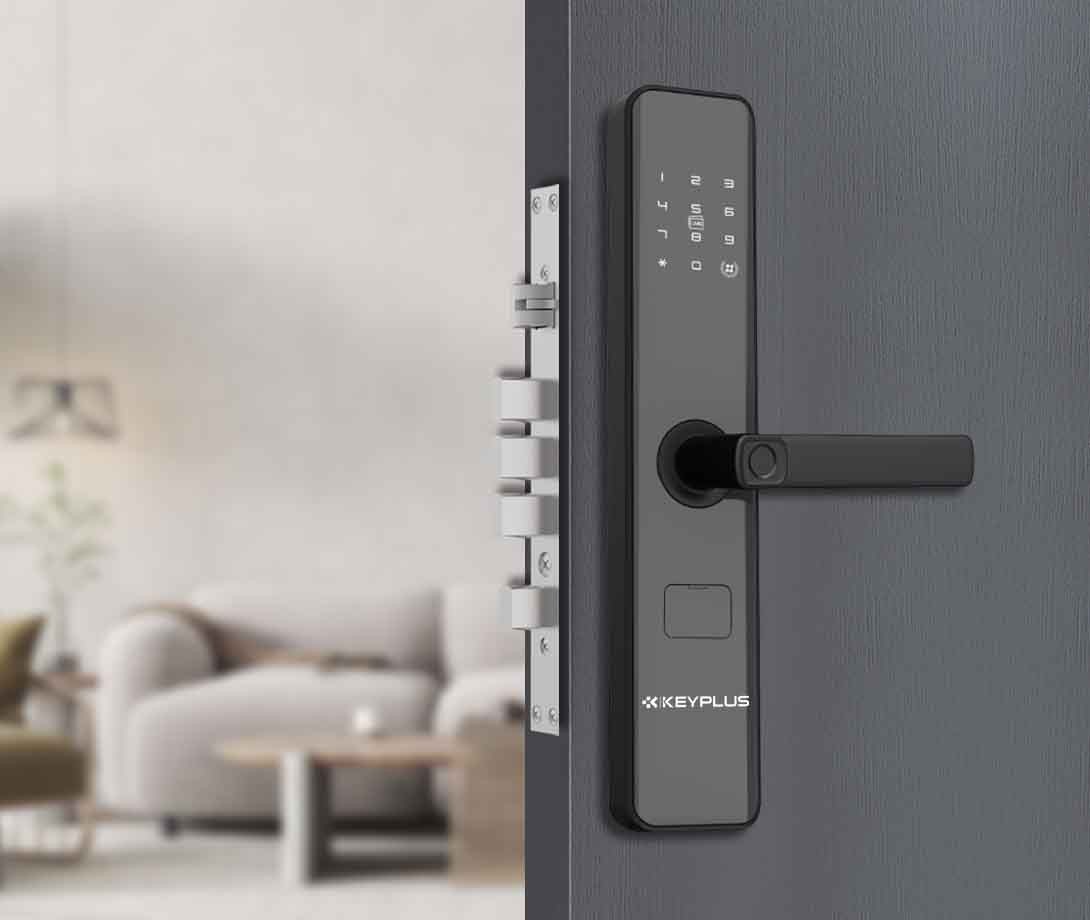Do Smart Locks Use a Battery? A Complete Guide for Homeowners
Smart locks provide keyless convenience, remote access, and enhanced security—but unlike traditional locks, they require power to function. So, do smart locks use a battery?
The short answer: Yes, most smart locks run on batteries. However, the type, lifespan, and replacement process vary by model. In this guide, we’ll cover:
- Why smart locks need batteries
- Types of batteries used
- How long they last
- What happens when the battery dies
- Battery-free alternatives
By the end, you’ll know exactly how to keep your smart lock powered and secure.
1. Why Do Smart Locks Need Batteries?
Unlike mechanical locks, smart locks have electronic components that require power for:
- Wireless connectivity (Bluetooth, Wi-Fi, Z-Wave)
- Motorized locking mechanisms
- Keypads, fingerprint scanners, or touchscreens
- Mobile app & voice assistant integration
Without batteries, most smart locks won’t function electronically, though some allow manual key override.
2. What Kind of Batteries Do Smart Locks Use?
Most smart locks use standard, replaceable batteries, with the most common types being:
| Battery Type | Lifespan | Pros & Cons | |
|---|---|---|---|
| AA or AAA Alkaline | 6–12 months | ✔ Cheap & widely available ✖ Needs frequent replacement | |
| CR123A Lithium | 1–2 years | ✔ Long-lasting ✖ More expensive | |
| Built-in Rechargeable | 3–6 months per charge | ✔ No battery swaps ✖ Requires charging downtime |
Which is Best?
- For convenience: AA/AAA (easy to replace)
- For longevity: CR123A lithium
- For eco-friendliness: Rechargeable
3. How Long Do Smart Lock Batteries Last?
Battery life depends on:
- Usage frequency (more unlocks = faster drain)
- Connectivity type (Wi-Fi drains faster than Bluetooth)
- Temperature (cold weather reduces battery efficiency)
4. How Do You Know When the Battery Is Low?
Smart locks warn you before dying, usually via:
- Mobile app notifications
- Beeping sounds
- Flashing LED lights
Replace batteries immediately when alerted to avoid lockouts!
5. What Happens If the Battery Dies?
If your smart lock’s battery dies, you still have options:
A. Emergency Power Options
- 9V Battery Boost (some locks, have terminals for a 9V battery jump-start).
- USB-C Port (rare, but some newer models allow emergency charging).
B. Physical Key Override
Most smart locks include a keyhole for mechanical unlocking.
C. External Power Bank
A few locks (like Aqara) support USB charging in emergencies.
Warning: Some keyless smart locks may fully disable if the battery dies, requiring a locksmith. Always check your model’s fail-safe features!
6. How to Extend Smart Lock Battery Life
To maximize battery performance:
Use lithium batteries (better in cold climates).
Disable Wi-Fi if not needed (use Bluetooth instead).
Enable power-saving modes (e.g., auto-lock delays).
Keep firmware updated (optimizes energy use).
7. Are There Battery-Free Smart Locks?
Most smart locks require batteries, but a few alternatives exist:
A. Mechanical Keypad Locks
- No batteries needed (but no smart features).
B. Kinetic Energy-Powered Locks
- Generates power from turning the handle (rare).
C. Hardwired Smart Locks
- Wired into home electricity (requires professional installation).
However, most homeowners prefer battery-powered smart locks for easy installation and portability.
8. Final Thoughts: Are Smart Lock Batteries a Dealbreaker?
While smart locks require batteries, they’re easy to replace and last months or even years. The convenience of keyless entry, remote access, and auto-locking far outweighs the minor hassle of occasional battery changes.
Key Takeaways:
Most smart locks use AA, AAA, or CR123A batteries.
Low-battery warnings prevent lockouts.
Wi-Fi drains batteries faster than Bluetooth.
Always have a backup key or emergency power option!
Conclusion
Yes, smart locks use batteries—but with proper maintenance, they’re a small trade-off for keyless convenience and enhanced security. Choose a model with long battery life and keep spare batteries handy for uninterrupted protection.
Do you prefer rechargeable or replaceable batteries in smart locks? Share your thoughts below!
Post time: Jun-05-2025


